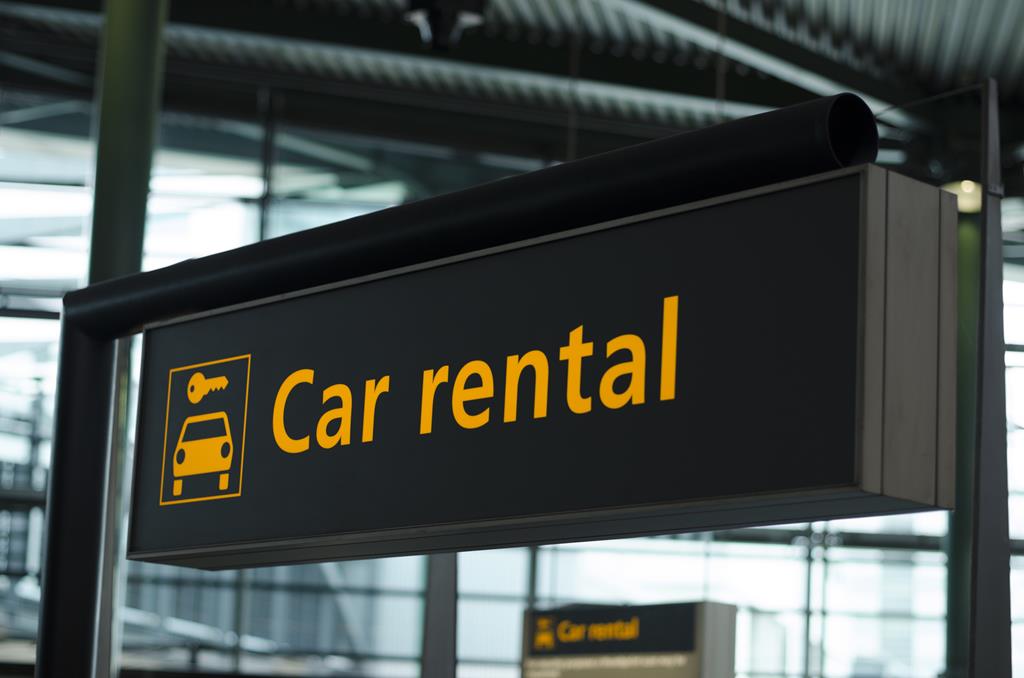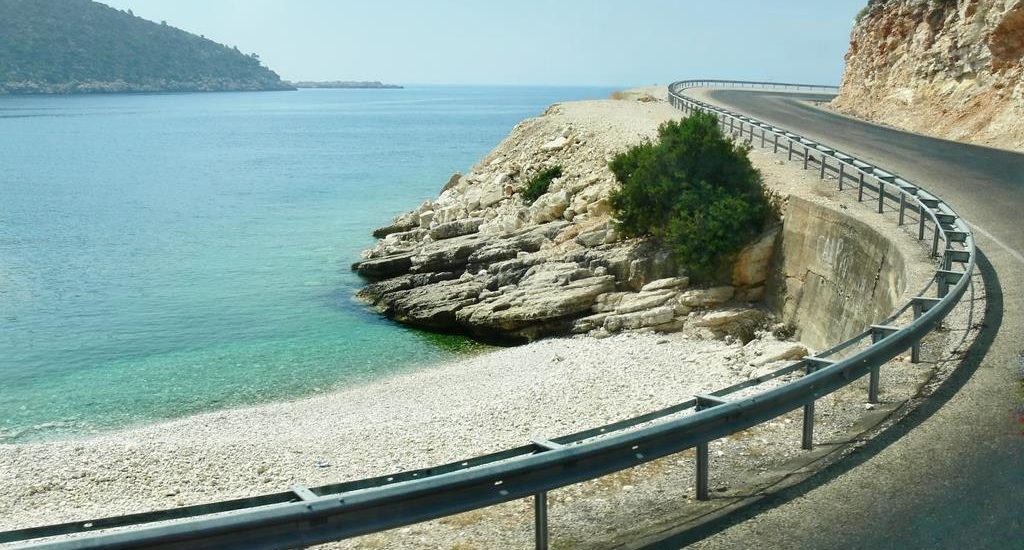Traveling abroad offers exciting experiences, but navigating public transport in unfamiliar surroundings can be challenging. Renting a car gives you flexibility and convenience, but it can also become confusing and costly. This guide provides clear, practical advice on how to easily rent a car abroad and save money in the process.
Choose a Reputable Car Rental Company
To ensure a hassle-free rental experience:
- Select a well-known, reputable rental company.
- Research company reviews and ratings online.
- Confirm policies clearly before booking.
Understand Age and Experience Requirements
Rental companies typically have age-related policies:
- Drivers should ideally be at least 21 years old with several years of driving experience.
- Drivers aged 21-24 might face additional fees due to higher insurance risks.
- Optimal discounts are usually available for drivers aged 25 or older.
- Age limits generally range from 70 to 75 years, depending on the rental agency.
- Always carry your international driving permit to avoid complications.

Book Early for Better Deals
Booking in advance can significantly lower your rental costs:
- Reserve your car at least two weeks ahead of your trip.
- Early reservations offer greater discounts and better vehicle selections.
Confirm All Rental Costs Clearly
Rental prices advertised online may not reflect the final cost:
- Always contact the rental company by phone or email to confirm the total cost.
- Clarify details such as taxes, fees, insurance, and deposits.
Save by Choosing Longer Rentals
Consider the rental duration:
- Longer rental periods often provide more significant discounts.
- Check for special weekend or holiday promotions.
- Frequent customers may be eligible for loyalty discounts.
Opt for Economy Cars
Economy cars can save you money:
- Smaller, simpler cars are generally cheaper to rent.
- Booking the most economical option may result in upgrades at no extra cost if unavailable.
Payment Methods and Deposits
Understand payment requirements:
- Most major companies require a credit card, but some accept cash, wire transfers, or e-money.
- Check if deposits or upfront payments are needed.
- Clarify refund policies and timelines for deposit returns.
Notify About Cancellations to Avoid Charges
Avoid unnecessary charges:
- Inform the rental office immediately if you need to cancel your reservation.
- Failure to notify may result in a “no-show” fee charged to your card.
Avoid Renting at Airports or Stations
Location matters when renting:
- Rentals at airports or train stations are typically more expensive.
- Renting from off-site locations can save you money.
Minimize Extra Costs
Watch out for additional expenses:
- Extra services like GPS, satellite radio, and child seats incur additional fees.
- Avoid toll roads when possible, especially in regions with frequent toll charges like Europe.
- Opt for vehicles with unlimited mileage to avoid excess mileage charges.
Return with a Full Fuel Tank
Avoid inflated refueling costs:
- Always return the rental car with a full gas tank.
- Keep your fuel receipts to confirm refueling.
Be Mindful of Return Times
Understand return policies clearly:
- Return the car punctually as specified in your agreement.
- Look for companies offering a grace period (at least 30 minutes) to avoid unexpected charges.
Carefully Review the Lease Agreement
Always carefully read your rental agreement:
- Pay special attention to insurance coverage, exclusions, and responsibilities.
- Confirm if additional drivers, such as your spouse, are permitted and covered by insurance.
Clarify Insurance Coverage
Insurance coverage is crucial:
- Clearly state your driving experience, especially in countries driving on the left side.
- Comprehensive insurance coverage (theft, damage, liability) is highly recommended.
- Avoid large credit card holds by accepting reasonable insurance options.

Verify Additional Rental Features
Check for essential rental features:
- Free cancellation policies.
- Unlimited mileage options.
- Permission for cross-border travel if needed.
- Preferred fuel type (diesel or gasoline), transmission type, and availability of air conditioning.
Procedures in Case of an Accident
Prepare yourself for emergencies:
- Always request an accident report form.
- Follow rental company guidelines strictly in the event of an accident.
- Keep vehicle keys secure to avoid extra charges related to theft or lost keys.
Inspect the Car Before Rental
Ensure you thoroughly inspect the car:
- Document all scratches, dents, and existing damage before leaving the rental location.
- Ensure the rental representative acknowledges and records these observations.
Taking the time to research and carefully manage your car rental arrangements can significantly reduce expenses and stress during your international travels.
Enjoy your trip, and remember to carry an international driving license to make your global driving experience smooth and worry-free.

Published September 04, 2017 • 4m to read





